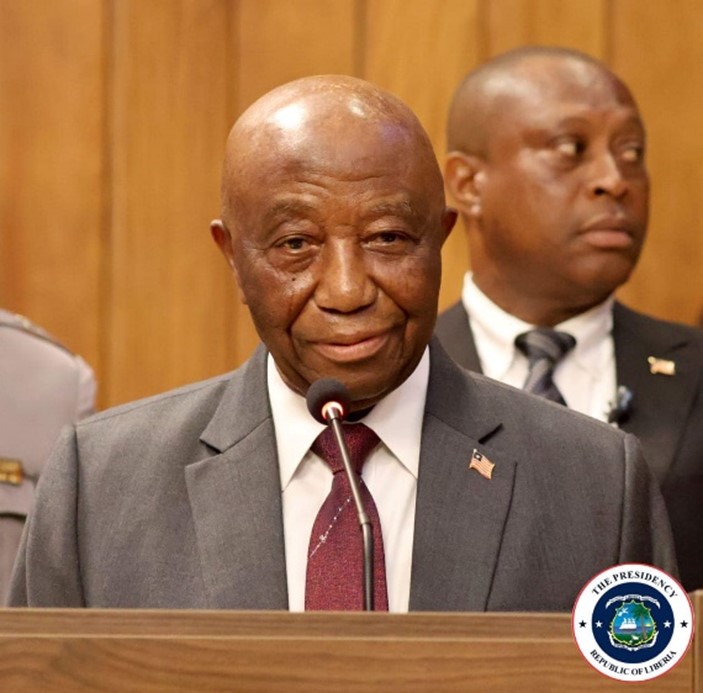The Transparency International’s Corruption Perception Index (CPI) 2024 has been released, with Liberia still performing dismally, even though making marginal progress by moving 2 points up the CPI ladder. In the Corruption Index of 2023, Liberia stood at 25/100, and ranked 145 among 180 countries. Today, the nation scores 27/100, and ranks 141/180.
The Corruption Perceptions Index (CPI) is the most widely used global corruption ranking in the world. It measures how corrupt each country’s public sector is perceived to be, according to experts and businesspeople. The score ranges from 0 (highly corrupt) to 100 (very clean), where 0 equals the highest level of perceived public sector corruption and 100 equals the lowest level of perceived public sector corruption.
Analyzing Liberia’s score on the CPI 2024, the Center for Transparency and Accountability in Liberia (CENTAL) observed that, despite the fact that this latest ranking shows marginal progress in the new administration’s anti-corruption efforts, much work still needs to be done, as the country has remained one of the biggest global decliners since 2014, dropping by 10 points.
CENTAL pointed out that the country’s performance on the CPI has been hugely disappointing, cementing its position among the worst performers on the content and the sub-region and corroborating CENTAL’s 2023 State of Corruption Reports, which revealed that 90% of Liberians think the corruption level is high in the country, with low citizens’ confidence in the Executive branch of government to tackle the problem.
CENTAL expressed deep concern over Liberia’s consistently poor performance, especially its place among the world’s Worst Decliners. “Even though we acknowledge the 2-point increase under the first year of the Boakai-Koung government, we caution against complacency, as immunity for corruption remains high.
While President Boakai has acted to suspend and dismiss some officials accused of corruption, he has failed to do likewise for others, giving an indication of partiality in his anti-graft efforts. We hold the view that the President’s move to declare and publish his assets, incomes, and liabilities is laudable, but his gross failure to punish his non-compliant officials raises questions about his ability to fully match his anti-corruption commitments with deeds,” the transparency group maintained.
Based on the findings of the 2024 CPI report, CENTAL said significant improvement in the fight against corruption is possible but only when “business as usual” in the fight becomes an issue of the past, as promised by President Boakai and his administration.
The transparency group emphasized that urgent action is needed to root out corruption that undermines climate action through theft, misuse of funds, and undue influence. “Governments and development partners must embed anti-corruption measures in climate efforts to protect funding and rebuild trust. Only by tackling corruption head-on can we unlock the full power of climate action and accelerate the fight for our planet, our future,” CENTAL further observed.
The group urged President Boakai to timely and impartially implement reports and recommendations of the Liberia Anti-Corruption Commission (LACC), General Auditing Commission (GAC), governance and anti-corruption-focused civil society organizations, advocates, and campaigners. “In other words, officials of government and others accused of corruption should be investigated and where necessary suspended, dismissed, and prosecuted to end the culture of impunity and send a stronger message about commitment against corruption,” CENTAL noted.
The CPI draws upon 13 data sources for its corruption index, including bribery; diversion of public funds; officials using their public office for private gain without facing consequences; ability of governments to contain corruption in the public sector; excessive red tape in the public sector which may increase opportunities for corruption; nepotistic appointments in the civil service; laws ensuring that public officials must disclose their finances and potential conflicts of interest; legal protection for people who report cases of bribery and corruption; state capture by narrow vested interests; and access to information on public affairs/government activities.



